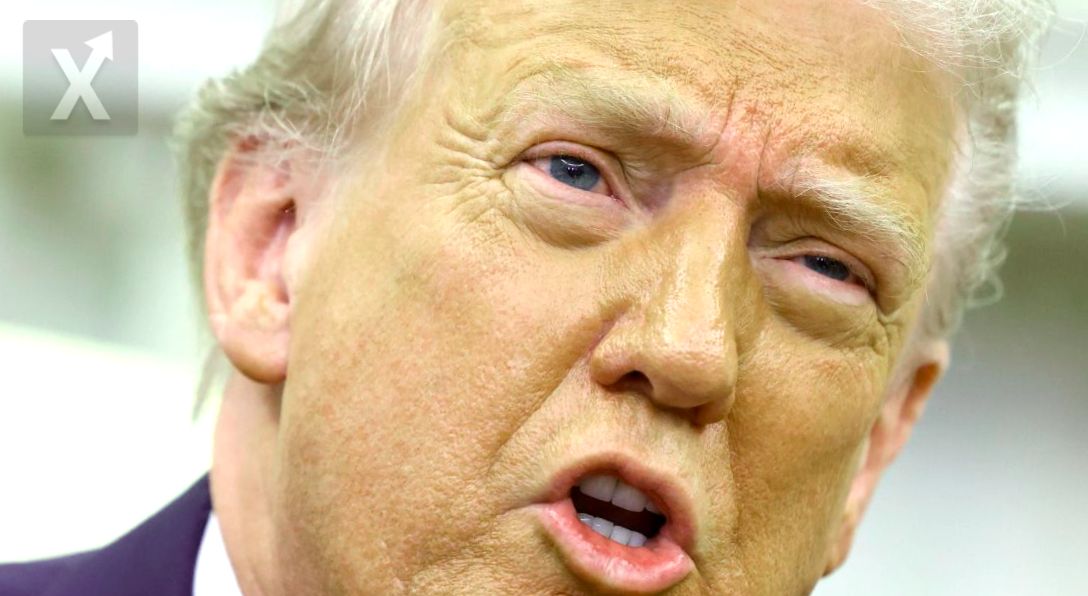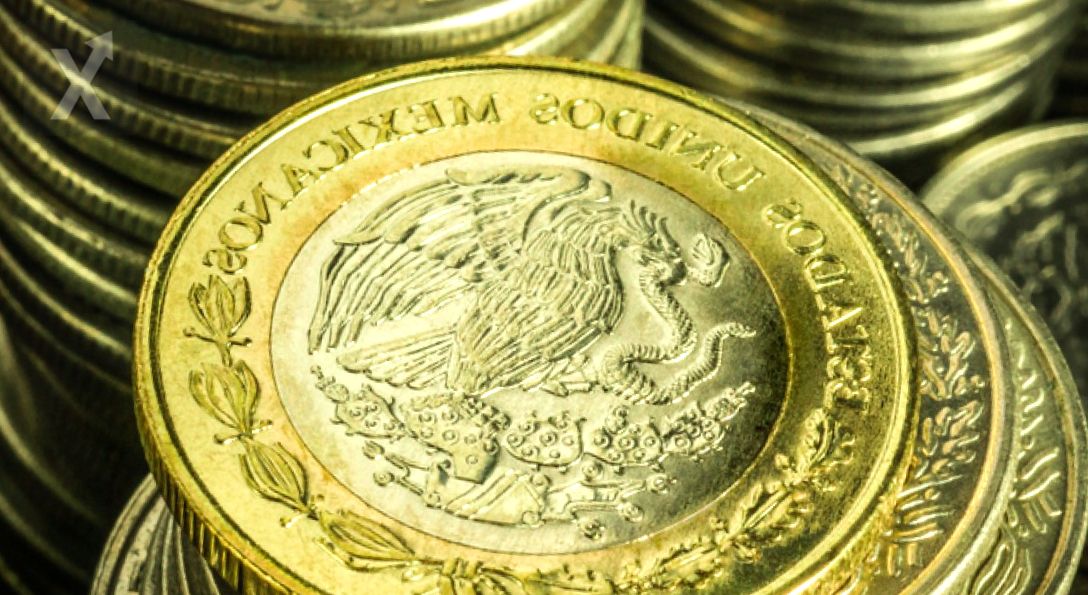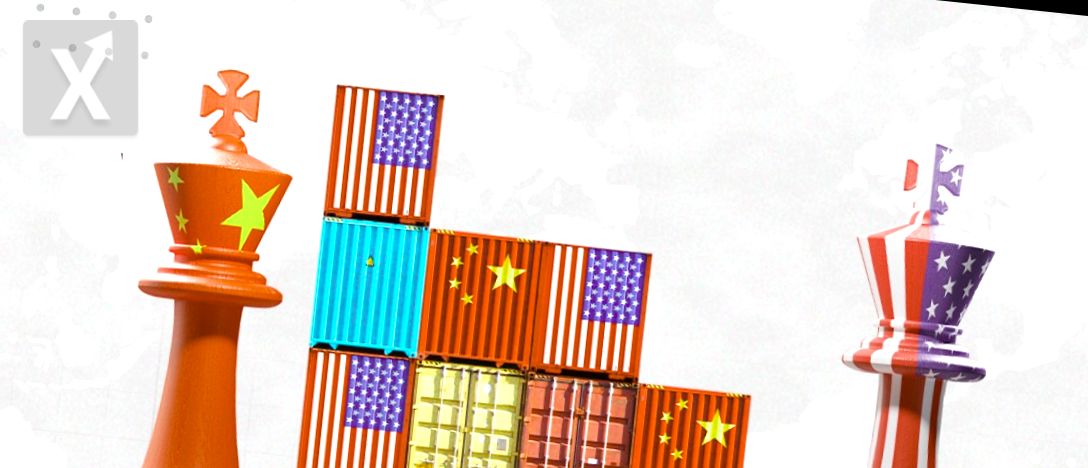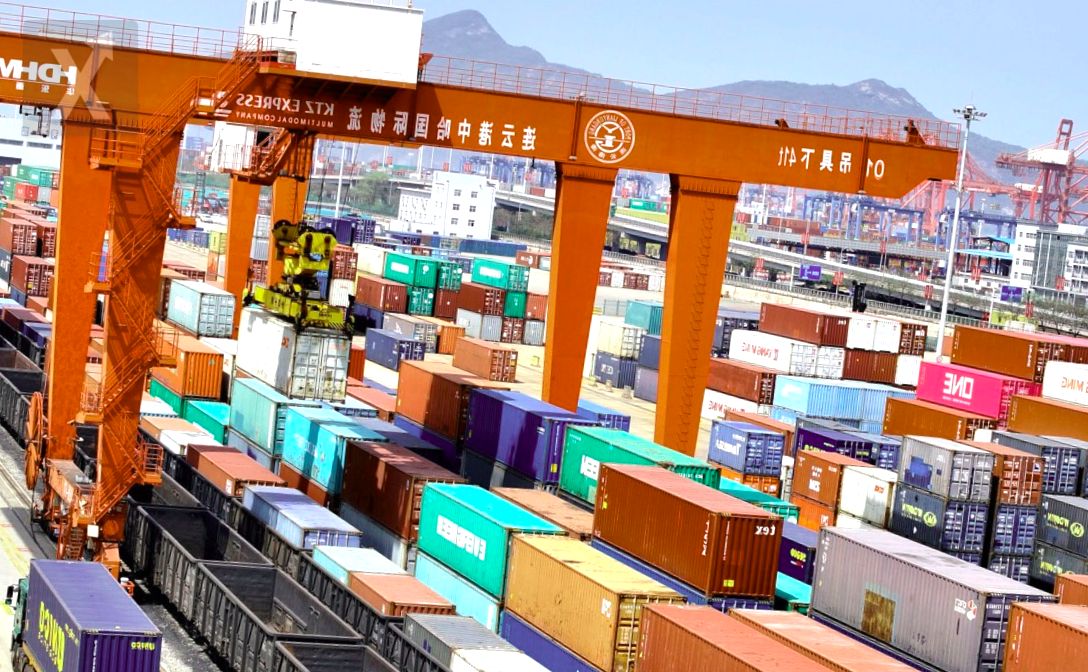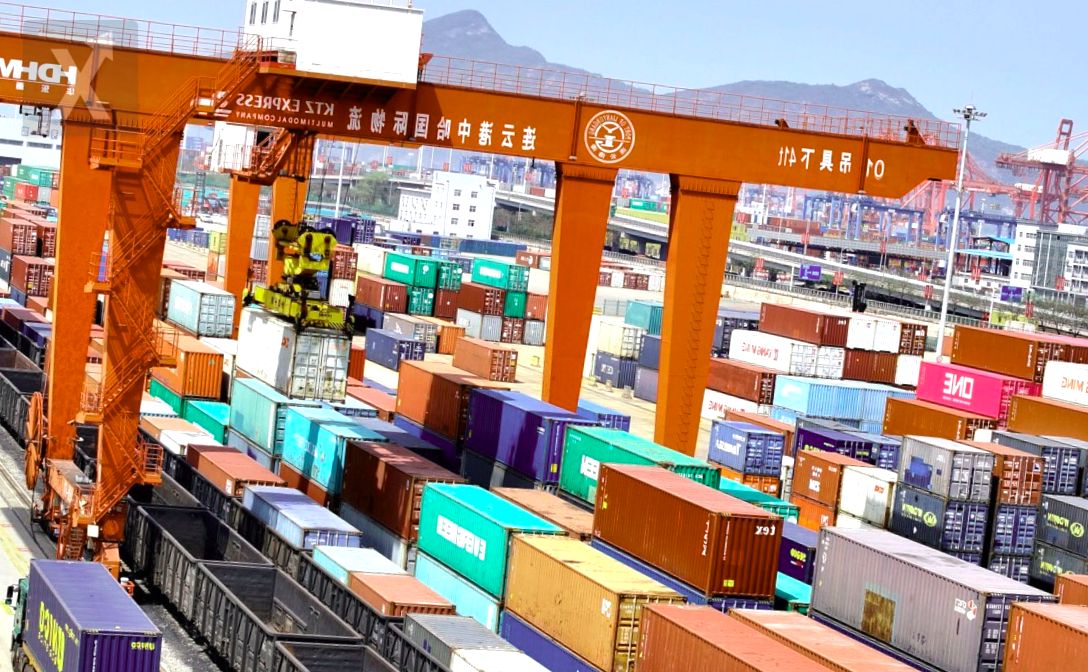The Trade War Between the United States and China: An Unsustainable Conflict

China has responded to the latest tariffs imposed by U.S. President Donald Trump, who seems convinced that his trade strategy is still "working very well," despite increasing doubts from both investors and consumers.
"Optimism" Amid the Storm
Markets have started to move away from the U.S. dollar, as well as its debt and stocks, in a widespread climate of distrust that often affects emerging economies, but was not expected from the world's leading power. Jamie Dimon, the influential CEO of JP Morgan, acknowledged on Friday that the economy is facing "considerable turbulence." For his part, Trump, through his social media platform Truth Social, claimed that his tariff policy is working, though he avoided commenting on Beijing's recent announcement to raise tariffs on U.S. products to 125%. "The President has been clear that he is open to an agreement with China," said Karoline Leavitt, White House spokesperson. "He is optimistic," she added. The billionaire Republican believes that China is willing to negotiate; however, messages from the Chinese Finance Ministry seem to suggest otherwise. "With these tariff levels, U.S. products exported to China become unviable in the market," he warned, saying that if Washington continues to increase tariffs, "China will just ignore it." This uncertainty is putting downward pressure on the dollar, which hit its lowest level against the euro in over three years on Friday. European stock markets are also in negative territory. On Wall Street, volatility remains constant. In addition, yields on 10-year U.S. government bonds have risen, which means the U.S. will have to pay more for its debt. Consumer confidence in the U.S. saw a drastic drop in April, according to a survey from the University of Michigan. This decline is "widespread and unanimous (in confidence) regardless of age, income, education level, place of residence, or political affiliation," noted Joanne Hsu, the survey's director. The U.S. Federal Reserve claims it is "fully prepared" to intervene and stabilize the market if necessary. Will this discontent be enough for Donald Trump to concede? On Wednesday, the Republican took a different stance in his protectionist attack by temporarily pausing tariffs by 90% on several of his trading partners, except for China. Although he decided to keep other tariff hikes in place, he set a universal minimum of 10%. Tariffs on China were raised to 145%, adding 125% to the existing 20% levies. Meanwhile, the Europeans find themselves in a complicated situation: under pressure to negotiate with the U.S. while being compelled to reach agreements with China. In a meeting on Friday with Spanish President Pedro Sánchez, Chinese President Xi Jinping urged the European Union to "stay united" in the trade dispute against Trump.
Sánchez called for a "rectification" of the European trade deficit with China, although he advocated for not "hindering the potential growth of relations" with Beijing. French President Emmanuel Macron warned on Friday that the pause was "fragile" and urged Europeans to "stand firm." The European Union has suspended countermeasures it had planned, and European Trade Commissioner Maros Sefcovic will travel to Washington on Monday. If talks with the U.S. do not succeed, European Commission President Ursula von der Leyen threatened to impose taxes on major American tech companies. In this clash of powers, the UN has warned about potential repercussions for developing countries like Lesotho, Cambodia, Laos, Madagascar, and Myanmar, which are "the most vulnerable" and "the least prepared to adapt," according to Pamela Coke-Hamilton, executive director of the International Trade Centre, a collaboration between the UN and the World Trade Organization (WTO). Information from AFP.
The uncertainty in the trade war between the United States and China reminds us of the importance of diversifying our investments. Economic conflicts often create volatility in the markets, and it is advisable for investors to stay informed and ready to adjust their strategies in the face of this instability. Seeking opportunities in emerging markets or in less affected sectors can be a smart approach to mitigating risks and capitalizing on growth potential.
